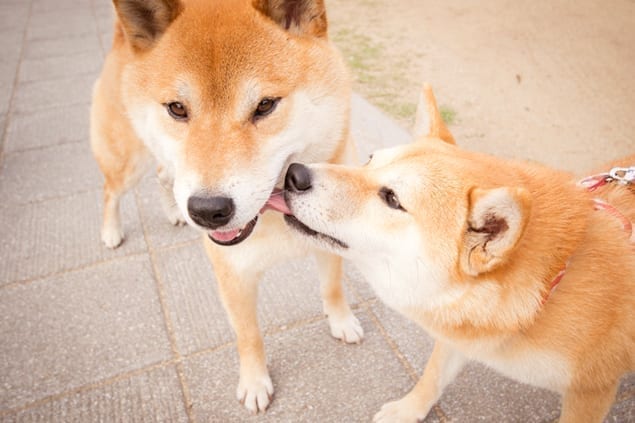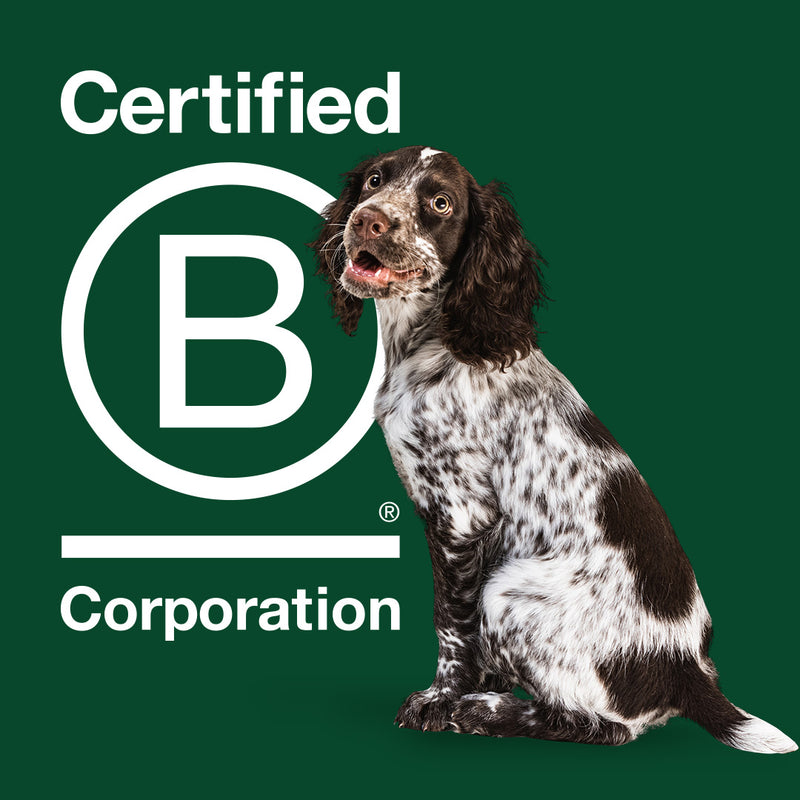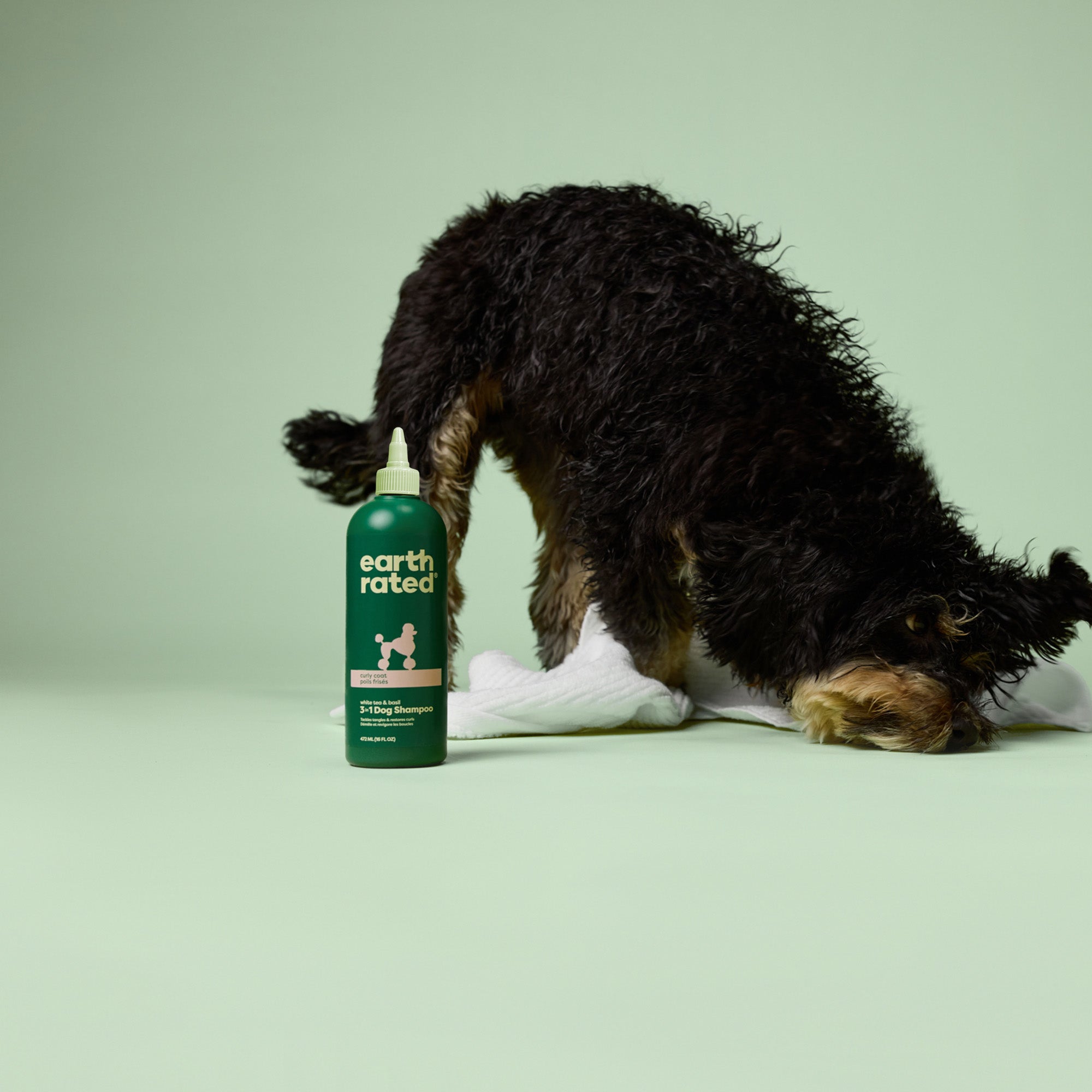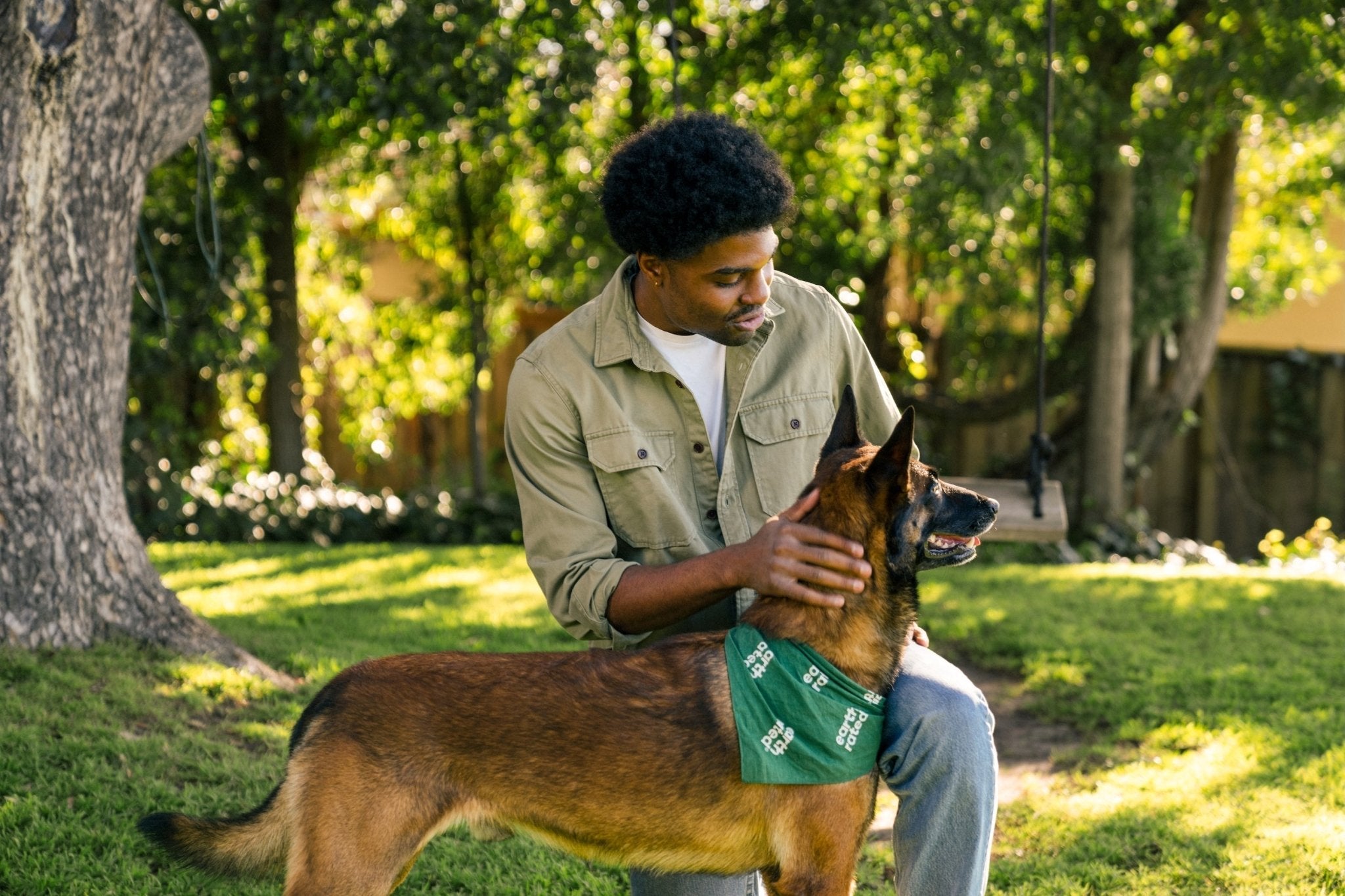Dogs are social creatures, and socializing your dog at an early age will help ensure that your dog is able to enjoy itself around other dogs as an adult. Socialization is an important part of raising any dog, but it’s not always possible to do so if you’ve adopted a dog later in life.
Dog-on-dog time can be pleasant for everyone involved, but if your adult dog is not socialized it can be a slow-going process.
It’s not fair to assume that anyone who crosses the street with their dog to avoid you and your dog, or whose dog seems to bark and snarl incessantly at you and your dog, is an irresponsible owner who has not taken the time to properly socialize their dog.
More and more dog owners are learning about the benefits of adopting a dog from a shelter or rescue, and a small percentage of these adopted dogs will need a little more time than most to get used to new things and other dogs depending on their history.
Adult dogs aren’t like puppies
Socializing puppies with other dogs is much easier than adult dogs, because puppies are naturally playful and inclined to play boisterously with lots of other dogs. Adult dogs are different, and instead of imagining your adult dog running free at the dog park playing with piles of pooches, try focusing on encouraging your dog to be calm and secure around new dogs, as well as learning to greet them appropriately.
While there are exceptions, adult dogs are more likely to prefer being slightly more reserved in social situations. While socialization is important, if being around other dogs makes your dog miserable it doesn’t overly benefit your dog to play with others, and instead ensuring your dog can remain safe and calm around other dogs should become a priority.
Socializing your adult dog
When you bring your dog outdoors and there’s plenty of dogs around, make sure that you have plenty of tiny treats or praise to offer your dog when your dog sits quietly as other dogs pass by. If the dog tends to bark at other dogs, remove yourselves from the situation by getting your dog’s attention and walking away until the dog is calm.
Dog-on-dog time can be pleasant for everyone involved, but if your adult dog is not socialized it can be a slow-going process. You can begin by introducing your dog to a friend’s dog on neutral ground, while keeping them at a distance until they both seem comfortable. If the dogs seem uncomfortable, gently call them back to you. If the dogs are completely comfortable with tails wagging and appearing relaxed, you could consider visiting an off-leash park with the other dog at off-peak hours.
Do you have any suggestions for socializing an adult dog? Have you adopted a dog that wasn’t socialized as a puppy? Tell us your story!
Next Blog:
Why do dogs chew their paws?












